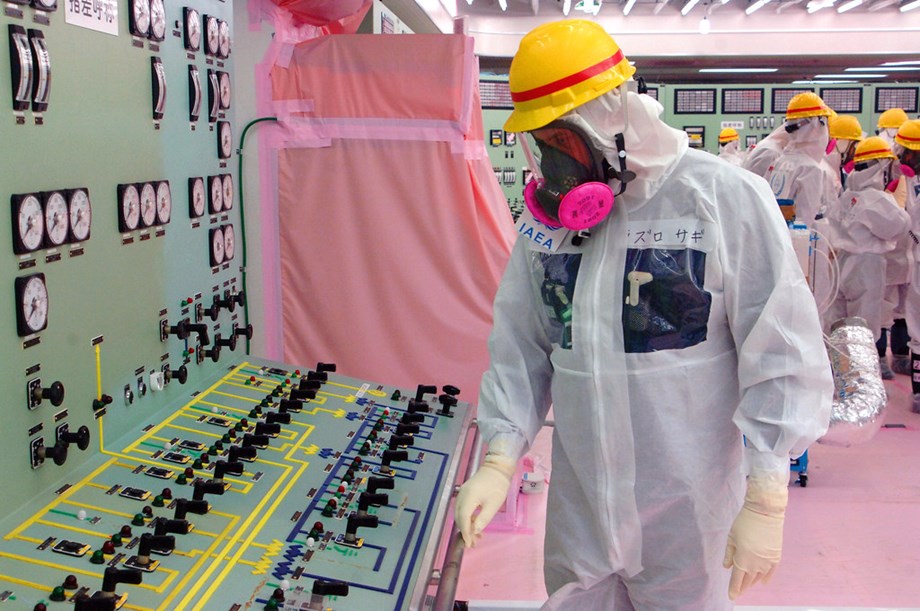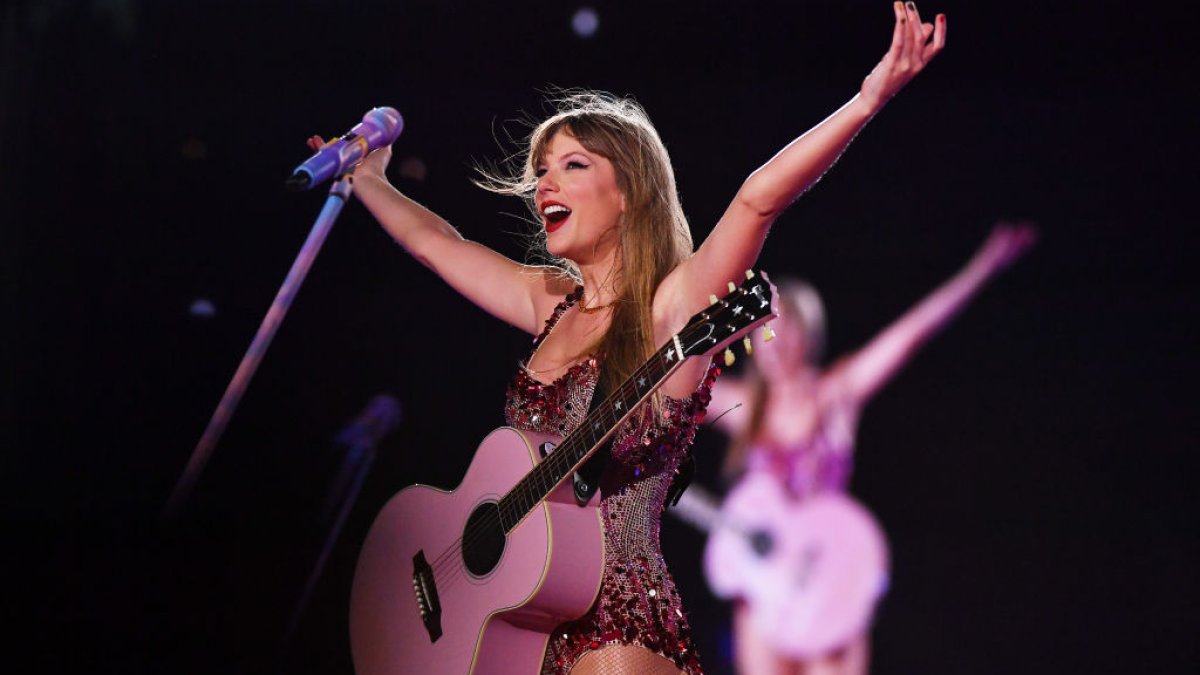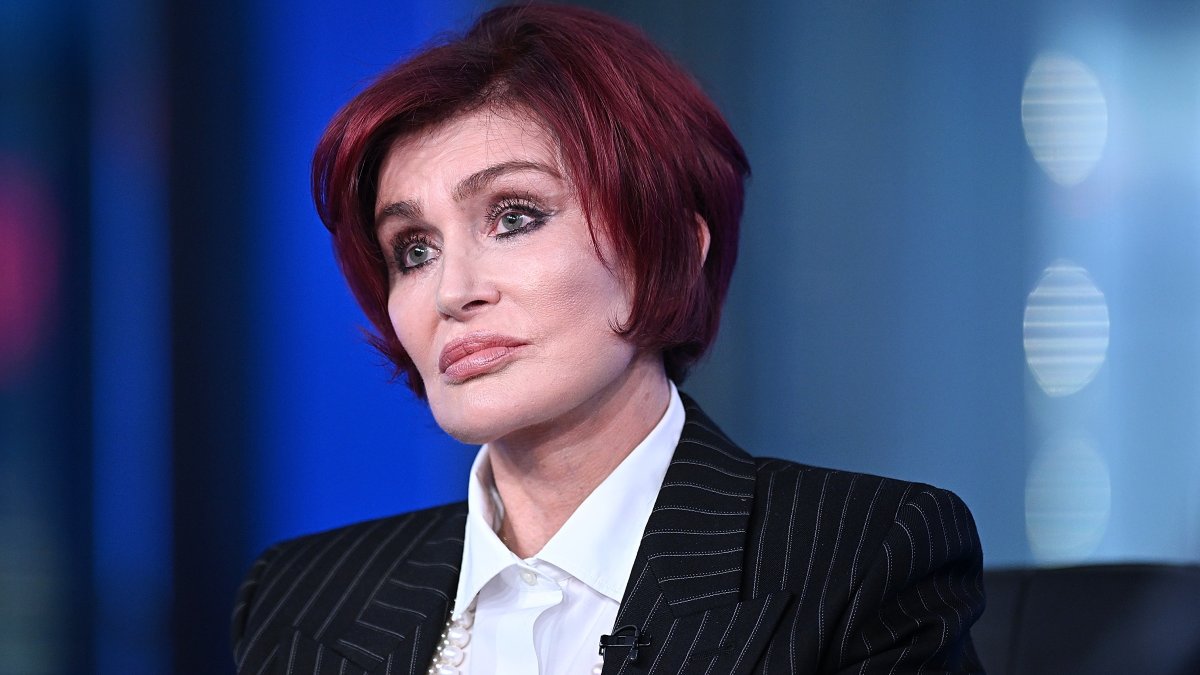
‘Armageddon Time’ Proves Not All Auteur Childhood Portraits Are an Oscar Slam Dunk
James Gray’s “Armageddon Time,” a deeply personal look at how the auteur became the auteur we, or at least the French, came to know and love, debuted to warm applause on Thursday. However, the film’s problematic depiction of racial inequalities in the Reagan era may turn off awards voters. Plus, Gray has hardly been a major Oscar contender in the past.
Following the likes of “Roma” (2018) from Alfonso Cuarón and “Belfast” (2021) from Kenneth Branagh, Gray is the latest auteur to bring the story of his childhood to the screen. Debuting at the Cannes Film Festival the day after “Top Gun: Maverick” is no easy feat. But the Cannes crowd ate it up, giving it a seven-minute standing ovation, a signal that international members of AMPAS may find aspects to embrace, notably the performances of Anthony Hopkins, Jeremy Strong and Anne Hathaway.
The intimate portrait follows sixth-grader Paul Graff (newcomer Michael Banks Repeta), a young boy living in Queens, New York, on the heels of the 1980 presidential election. He’s a spoiled brat, utterly disrespectful to his parents, who can make you squirm in your chair.
His friend Jonathan Davis, nicknamed Johnny (played by Jaylin Webb), a young Black kid who’s in his second stint in sixth grade, lives with his grandmother and is constantly berated by his teacher. Gray portrays his version of “Black torture,” showing an eventually homeless Black kid with a bleeding foot, running away from the foster care system, and eventually getting arrested, which is Paul’s fault. Gray seems to be trying to grapple with his privilege, which one can appreciate, but not everyone will be happy with the results.
It should be noted the talents of the two young newcomers are perfectly sound, in fact, Webb’s raw innocence and matured understanding of his standing in a racially inept world, are incredibly rich, even if the messaging can be worrisome.
Hopkins, two years after his Oscar win for “The Father” (2020) and Strong, in the Emmy conversation again for HBO’s “Succession” are the two high points of the cast. Their naturalistic charisma can hardly be denied. It’s still early, however, and supporting actor races have historically been stacked. If one would drum up support, then Strong would be the one to carry the torch.
This may be strange to say this about an Academy Award winning actress but Anne Hathaway has been somewhat undervalued, some might say even misused throughout her career. “Rachel Getting Married” (2008), which I feel stands as her best career outing, showed that when put in the hands of a master like the late Jonathan Demme, she is an unbridled force, standing as one of the best actors working today. In Gray’s film, she plays Esther, a home economics teacher and president of the PTA. Hathaway pes in head first, but the script leaves her character underdeveloped.
In a one-scene surprise, recent Oscar-winner Jessica Chastain plays U.S. State Attorney Marianne Trump, speaking to a sea of privileged white children at an elite private school, which Paul eventually attends, while Fred Trump (yes, Donald’s father) is present. She channels the entitlement to be superior, oozing the grotesque and vile nature of a class of people in this country who are “the chosen ones” for no other reason than the tint of their skin. While never named, two boys who use the “n-word” when speaking about Jaylin when he visits the school have the narrative DNA of young Eric and Donald Trump Jr. The cringe factor may be too much to bear for more progressive voters.
Veteran stage actress Tovah Feldshuh as Paul’s grandmother, Esther’s mother, is utterly memorable and will likely find a loyal legion of new fans for her scene-stealing work.
The movie is shot by Darius Khondji, who despite his stellar contributions to cinema for over four decades, has been only to muster a single Oscar nom for “Evita” (1996). This is the same master that brought palpable tension to “Se7en” (1996), which should have been his inaugural nom, in addition to “Midnight in Paris” (2011), “Amour” (2012), and the underrated “Okja” (2017). Working with Gray on two of his previous films, “The Lost City of Z” (2016) and “The Immigrant” (2013), his third outing with the auteur could be the charm with its soft palette and beautiful lighting. This won’t be his only awards vehicle this year, as he’ll be offering his talents to “Bardo (or False Chronicle of a Handful of Truths)” from Oscar-winner Alejandro González Iñárritu and Netflix.
Dropping the film before a global audience was the right move, and the early reactions from critics at Cannes have mostly been positive. Variety’s Owen Gleiberman referenced some of the same issues in his review: “At heart, “Armageddon Time” is an old-school liberal message movie — it’s all about how Paul and Johnny get into trouble, but Johnny is the one who gets thrown under the bus, and we’re supposed to feel bad about that.”
Respected critics like Justin Chang of the L.A. Times were also high on it, while Peter Bradshaw of The Guardian absolutely eviscerated it. Unfortunately, when this tale unveils Stateside, a new racial debate will likely ensue regarding the undertones, similar to the reaction to Paul Thomas Anderson’s “Licorice Pizza” last year from the AAPI community. That may keep many voters at a distance.
Focus Features, the film’s distributor, clearly wants “Armageddon Time” to finally get Gray the Oscar love many cinephiles believe he has been unfairly denied. They may have to wait longer. “Ad Astra” was the only Gray film to ever receive an Oscar nomination…and that was for sound editing. That number is likely to remain stagnant.

























































